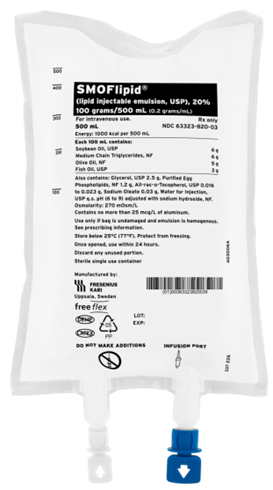A nurse is providing discharge instructions for a client who has congestive heart failure. Which of the following client statements indicates to the nurse that the teaching was effective?
"I should use naproxen to manage discomfort."
"I plan to slow down if I am tired the day after exercising."
"I will read food labels and limit my sodium to 4 grams per day."
"I will take my diuretic before sleep and drink fluids during the day."
The Correct Answer is B
Planning to slow down if tired the day after exercising is a statement that indicates the client understands the importance of pacing activities and avoiding overexertion, which can worsen heart failure symptoms.
a. "I should use naproxen to manage discomfort." is not correct, as naproxen is a nonsteroidal anti-inflammatory drug (NSAID) that can cause fluid retention, increase blood pressure, and worsen heart failure. The client should avoid NSAIDs and use other analgesics, such as acetaminophen, unless contraindicated.
c. "I will read food labels and limit my sodium to 4 grams per day." is not appropriate, as 4 grams of sodium per day is too high for a client who has congestive heart failure. The client should limit sodium intake to 2 grams or less per day, as sodium can cause fluid retention and increase the workload of the heart.
d. "I will take my diuretic before sleep and drink fluids during the day." is not advisable, as taking a diuretic before sleep can cause nocturia and disrupt the sleep cycle, which can affect the quality of life and cardiac function. The
Nursing Test Bank
Naxlex Comprehensive Predictor Exams
Related Questions
Correct Answer is ["75"]
Explanation
To calculate the infusion rate, divide the volume of fluid by the time in hours. In this case, 1800 mL / 24 hr = 75 mL/hr.
Round the answer to the nearest whole number and use a leading zero if it applies.
Do not use a trailing zero because it could be misread as a decimal point. Therefore, the nurse should set the IV pump to deliver 75 mL/hr.

Correct Answer is C
Explanation
- A hemorrhagic stroke is a type of stroke that occurs when a blood vessel in the brain ruptures and bleeds into the surrounding tissue. A common cause of hemorrhagic stroke is a cerebral aneurysm, which is a weak or bulging spot in an artery wall. When an aneurysm ruptures, it causes sudden and severe bleeding in the brain, which can damage brain cells and increase intracranial pressure. Symptoms of a hemorrhagic stroke include a sudden and severe headache, often described as "the worst headache of my life", followed by neurologic deficits, such as weakness, numbness, vision loss, speech problems, confusion, or loss of consciousness
- The other options are not correct because:
- History of neurologic deficits lasting less than 1 hr. This statement is incorrect because it describes a transient ischemic atack (TIA), which is a temporary interruption of blood flow to the brain that causes brief neurologic symptoms that resolve within 24 hours. A TIA is often a warning sign of an impending ischemic stroke, which is a type of stroke that occurs when a blood clot blocks an artery in the brain and reduces blood flow to the affected area.
- Maintains consciousness. This statement is incorrect because most clients with hemorrhagic stroke lose consciousness or have altered mental status due to the increased intracranial pressure and brain damage caused by the bleeding. The level of consciousness depends on the location and extent of the hemorrhage, but it usually deteriorates rapidly.
- Gradual onset of several hours. This statement is incorrect because hemorrhagic stroke usually has a sudden onset, unlike ischemic stroke, which may have a gradual onset over several hours or days. The onset of hemorrhagic stroke is often associated with physical exertion, emotional stress, or hypertension, which can increase the risk of aneurysm rupture.
Whether you are a student looking to ace your exams or a practicing nurse seeking to enhance your expertise , our nursing education contents will empower you with the confidence and competence to make a difference in the lives of patients and become a respected leader in the healthcare field.
Visit Naxlex, invest in your future and unlock endless possibilities with our unparalleled nursing education contents today
Report Wrong Answer on the Current Question
Do you disagree with the answer? If yes, what is your expected answer? Explain.
Kindly be descriptive with the issue you are facing.
